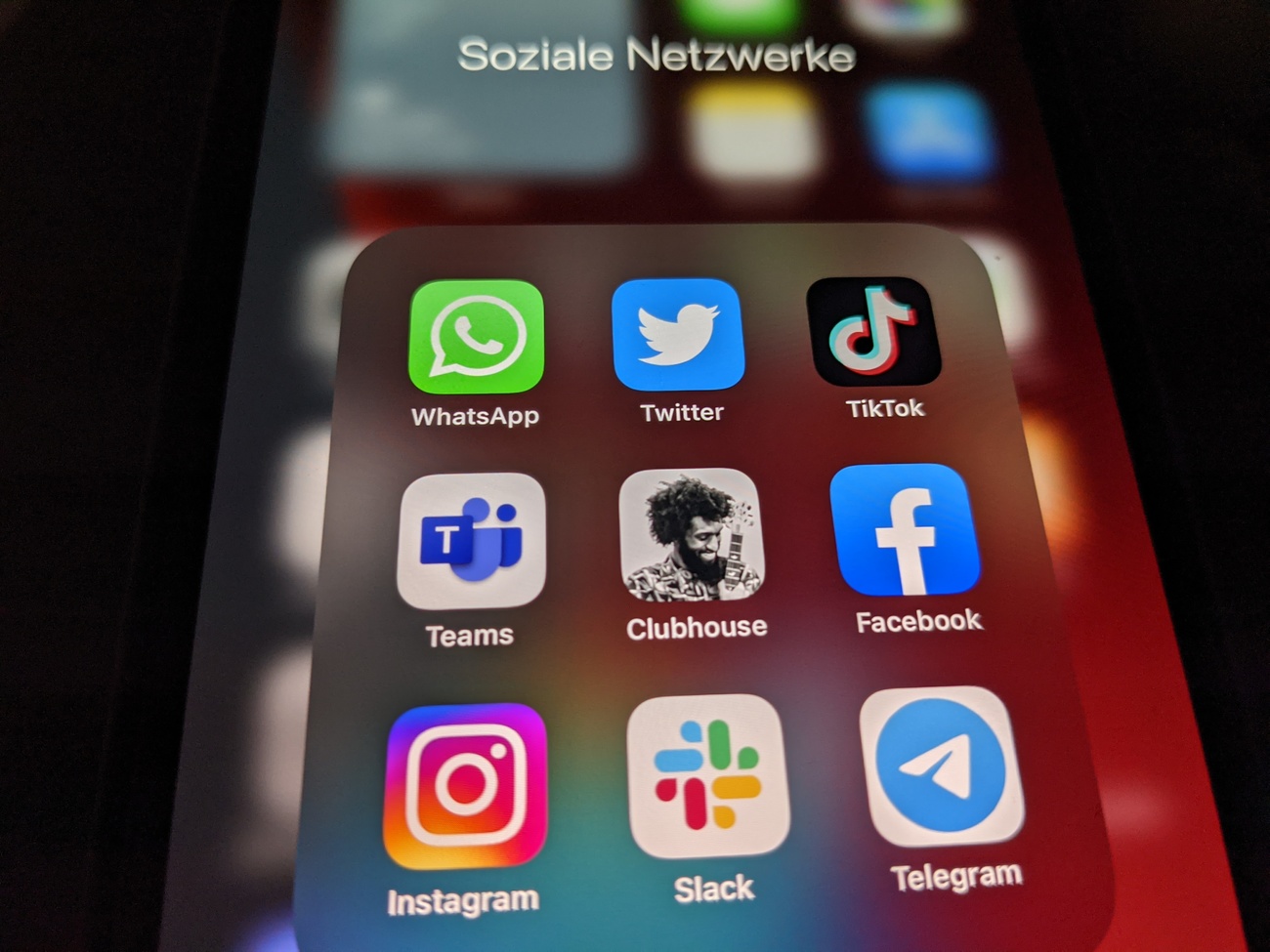Swiss found to be gullible regarding fake news

The Swiss do not seem to be particularly good at separating truth from lies, according to a study by the Organisation for Economic Co-operation and Development (OECD).
The Truth Quest Survey involved 40,765 participants in 21 countries. The 1,531 participants from Switzerland came third from last. Only Colombia and Brazil did worse. The US and France were also in the bottom third of the international comparison. By contrast, the best results were achieved by participants from Finland, the UK and Norway.
The OECD study presented participants with false and true statements in the areas of health, the environment and international relations. Across all countries, participants managed to correctly identify the statements as true or false in 60% of cases.
It turned out that satire is easiest to recognise as untrue. This was achieved in 71% of cases. This was followed by targeted disinformation (64%) and propaganda (58%).
The reverse was more difficult: participants recognised true information in only 56% of all cases. The Americans (63%) performed best here. The Japanese brought up the rear (51%).
The Swiss participants found it particularly difficult to deal with disinformation. The study defines this as “content created and disseminated with the aim of deceiving”. The Swiss recognised disinformation as false in only 55% of cases – and therefore shared last place with France. For participants from other countries, it was “generally easier” to recognise disinformation as untrue than other forms of misinformation.
It was also more difficult for participants from Switzerland to recognise content that had been taken out of context in a misleading way (“contextual deception”). Here, the US and Switzerland together came in last place. In only 50% of cases did US and Swiss respondents recognise this false information as untrue.
Some of the statements to be assessed were created by humans. Others were generated using artificial intelligence (AI), the Chat-GPT4 language model, but checked by humans. The AI statements were correctly categorised as true or false in 68% of cases. This is higher than the success rate for human-generated statements (63%). Accordingly, the Truth Quest Survey concludes that AI-generated content is easier to categorise correctly on average.
AI content sounds truer
It is hardly surprising that false content generated with artificial intelligence is more easily exposed. What’s more striking is that true content generated by AI was more often correctly recognised as true than true content created by humans.
Until now, the Swiss were considered to be particularly resistant to fake news on the internet. This is because independent opinion-forming has a long tradition due to the many referendums. The reference book Digitalisation of Swiss Democracy states that the Swiss “have a high level of routine in the assessment of diametrically opposed information thanks to the hundreds of political proposals they have assessed and campaigns they have experienced”.
This “increases resistance to dubious information” regardless of the channel, according to the 2021 reference book.

More
Why people in Switzerland trust the state
The OECD study concludes that those countries in which a particularly large proportion of the population obtain their news from social media perform worse overall. Conversely, those countries where this proportion is lowest achieved the best results.
However, Switzerland also stands out here. According to the Reuters Digital News Report 2024, the proportion of people in Switzerland who obtain information from social media is just 37%. In Brazil and Colombia, which came last and second to last in the Truth Quest Survey, it is much higher: 51% in Brazil and 61% in Colombia. Switzerland also has a well-developed public broadcasting system and a relatively intact media system.

More
Bioethics: too complex for direct democracy?
Not much between countries
For communication scientist Edda Humprecht, a professor in Jena, Germany, who worked at the University of Zurich for many years, other factors play a role in addition to media consumption. One factor, for example, is the ability to correctly categorise information from certain subject areas. “For example, we know from studies on health literacy that this is not particularly well developed in Switzerland,” Humprecht told SWI swissinfo.ch.
Overall, Humprecht relativises the country comparison of the OECD study. She calls the design of the study “solid overall”. However, the country differences are “rather small and should not be overemphasised”.

More
Does social media fuel fake news in Switzerland as much as in the US?
Humprecht criticises the fact that it is not known exactly which sample statements were presented to the participants in the Truth Quest Survey.
This is also “a key point of criticism” for communication scientist Daniel Vogler from the University of Zurich. He thinks the study is well done per se: “The study appears to be serious. It is well embedded in the international research literature. The methodological approach is transparent. The gamification approach used is quite innovative,” he said.
However, like Humprecht, Vogler also emphasises that the “differences between the countries are too small and the uncertainty surrounding the examples surveyed is too great” to place too much weight on the report’s statements on country differences. Overall, the top performers from Finland assigned only 8% more statements correctly than the Swiss.
Edited by David Eugster. Translated from German by DeepL/ts

In compliance with the JTI standards
More: SWI swissinfo.ch certified by the Journalism Trust Initiative










You can find an overview of ongoing debates with our journalists here . Please join us!
If you want to start a conversation about a topic raised in this article or want to report factual errors, email us at english@swissinfo.ch.